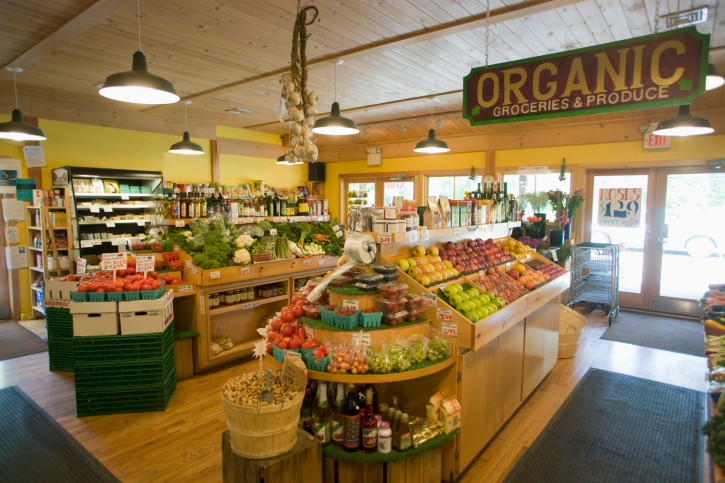The term organic has rapidly gained popularity and everywhere you go, you see organic foods, but with it comes a hefty price tag. We all want the best for our family and children and if organic is the best, is it really worth the extra expense?
When you see organic, you may assume it is completely free of harmful chemicals and pesticides, however, the true definition is not so simple. Organic doesn’t equal “pesticide free,” it means the use of pesticides is restricted or limited to an allowed list.
According to the U.S. Department of Agriculture (USDA), for a food to be considered organic, it must not include chemical fertilizers, various synthetic substances, irradiation, sewage sludge, or genetically modified organisms (GMOs). Foods that display the USDA Organic seal also prohibit antibiotic and synthetic hormone use in organic meat and poultry and require 100% organic feed for organic livestock.

Only foods that are 95 to 100 percent organic (and GMO-free) can use the USDA Organic label. These are some of the common store labels and what they mean.
- 100% Organic – Foods that are completely organic or made with 100% organic ingredients may display the USDA seal.
- Organic – Foods that contain at least 95% organic ingredients may display the USDA seal.
- Made with organic ingredients – Foods that contain at least 70% organic ingredients will not display the USDA seal but may list specific organic ingredients on the front of the package.
- Contains organic ingredients – Foods that contain less than 70% organic ingredients will not display the USDA seal but may list specific organic ingredients on the information panel of the package.
Eating organic provides many benefits
- Supports the Local Economy: Purchasing organic from the farmer’s market, supports your local community’s economy.
- Keeps Our Families Healthy: Conventional food practices have been linked to birth defects, learning disorders, childhood leukemia, ADHD, autism and nervous system disorders in children.
- Keeps Our Neighbors Healthy: Supporting organic farms means fewer people coming into contact with harmful chemicals. This benefits the world’s health and wellness.
What are the cons?
Organic products were originally thought to have more nutrients than their conventional counterparts. However, the research performed thus far has not completely supported this claim.
Other drawbacks are:
- Higher costs: Growing organic produce is usually more costly due to its smaller scale, which drives up prices.
- Lower accessibility: There are only a few organic farmers. Therefore, some smaller communities have limited or no access to organic food.
- Seasonal availability: Produce is only available seasonally since it isn’t genetically modified to withstand cold weather.
Deciding whether organic food is your best option depends on your personal preferences. Organic produce really helps the environment and minimizes your exposure to harmful chemicals and pesticides. To many, that is definitely worth the extra expense.